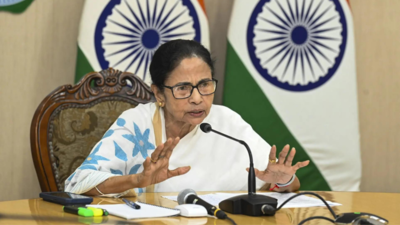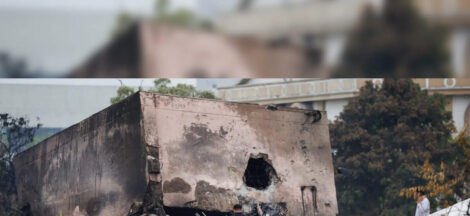Calcutta High Court has issued an interim suspension on West Bengal’s notification revising the Other Backward Classes list, citing procedural concerns and potential constitutional violations. The division bench, led by Justices Tapabrata Chakraborty and Rajasekhar Mantha, upheld the stay until 31 July 2025, pending detailed legal review.
The proposed list, which increased the OBC categories from 113 to 140—comprising 80 Muslim and 60 non-Muslim communities—was finalised following a fresh survey by the state’s Backward Class Commission. The government had argued it was restoring previously struck-down communities and reinstating the overall OBC reservation cap to 17%, split into 7% under OBC‑A and 10% under OBC‑B.
Opposition parties, led by the BJP and CPI, welcomed the court’s decision, branding the expansion as politically motivated appeasement of the Muslim community. Bengal BJP state president Sukanta Majumdar estimated that approximately 86% of the new additions were minority communities, calling it “a cynical move to hijack reservations for vote‑bank politics”. Opposition leader in the Assembly, Suvendu Adhikari, celebrated the stay as a rebuke to the ruling party’s governance, accusing it of flouting constitutional norms for electoral gain.
Trinamool Congress leadership defended the measure as a legally compliant, data-driven correction aimed at socio-economic equity. Chief Minister Mamata Banerjee stressed that backwardness, not religion, formed the sole criterion for inclusion. She noted the updated list was based on findings from the Bureau of Applied Economics and Statistics and prepared under Supreme Court direction.
Banerjee highlighted that the list reinstates communities previously removed by the High Court in May 2024, following an order that invalidated OBC status for 113 groups and reduced the quota to 7%. She described the High Court’s latest directions as “suggestions” and affirmed that the government’s legal team was examining the order before taking further steps.
Trinamool spokesperson Kunal Ghosh accused the BJP of orchestrating “a plot to damage OBCs and create unrest”, alleging opposition-led legal hurdles aimed to derail welfare measures. He noted similarities with earlier judicial interventions following opposition figures’ elevation to national roles.
Legal petitioners, including advocate Bikram Bandopadhyay, contended that the survey had been rushed and lacked adherence to Supreme Court guidelines. They argued that the backdated inclusion of communities previously removed amounted to ignoring constitutional safeguards.
The High Court’s stay complicates admission processes in educational institutions and pending state recruitment drives, which had been delayed by the uncertain quota framework. State Education Minister Bratya Basu indicated readiness to act promptly once legal clarity emerges, emphasizing that government operations had been prepared for different outcomes.




 Man Coerced into Temple Apology Over Social‑Media Post
Man Coerced into Temple Apology Over Social‑Media Post 